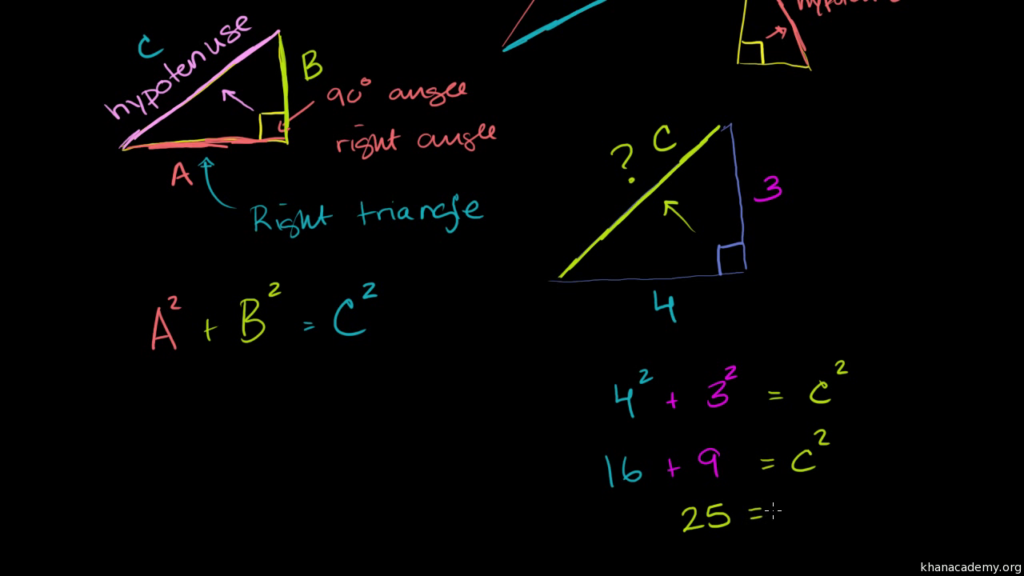Can Technology Turn you into a Maths Genius?
In the world of learning, there are some who love maths and those it leaves more than a little cold. There’s no doubt that numbers can be confusing and the world of algebra and logarithms can simply leave many people scratching their heads and wondering what it’s all about.
But can you now use technology to turn yourself into a maths genius, whatever your aptitude?
At the very least, can you make yourself more comfortable with fractions and formulas by downloading an app and undertaking a little personal development? Can you apply those mathematical procedures to real life environments?
There’s no doubt that our kids are using much more technology to learn in schools. With access to powerful devices such as smartphones, laptops and tablets, we have a better range of resources than ever before. This development has also created an environment that is both inclusive and responsive for anyone wanting to learn on their own.

…strategically introducing technology into the learning process improves both basic and much higher level mathematical skills
One major key is the way that technology can provide support for those trying to get a handle on specific mathematical processes and skills. That can include tech which allows us to collect data, content specific apps and programs which help to develop our understanding of complex subjects such as algebra as well as those programs that analyse data and produce visual representations such as graphs and charts.
The research done so far shows that strategically introducing technology into the learning process improves both basic and much higher level mathematical skills.
Starting to Learn Maths
As with many other subject areas, a range of apps have been developed over the last few years to help people learn maths. The majority of these are free to download and take just a second or two to set up on a mobile device like a smartphone. Apps like Maths Everywhere are designed for children and adults to develop basic maths concepts and improve performance and understanding. Developed to help improve maths in the workplace, the app includes instruction videos and tests to help with everyday mathematics including home budgeting.
Sites such as the Khan Academy provides free courses for students, teachers and parents. Their provision breaks down maths learning by grade and the developers are keen to get parents involved so that they can work with their children to improve key skills that are going to be important in the future. Sites like this are certainly democratising maths and other subjects, making them available for little or no cost to users.

Sites like Khan Academy are democratising maths and other subjects
Advanced Maths
Of course, most of us can learn basic maths but moving to more advanced, higher level concepts is a bigger challenge. Researchers tend to agree that the more one to one teaching you can get at this stage of your development, the better you are likely to learn. The incorporation of technology in recent years is starting to help us to get this support. Apps like Yup connect you with a live tutor who can work through difficult concepts in real time. Others such as Algebra Touch use animations to work through complex formulas and mathematical theories.
There’s no doubt that technology is developing rapidly to deliver learning solutions for a wide range of people, from pupils still at school to older students who want to improve their understanding of maths. The improvements in tailored learning experiences mean that skills which once had to be taught in the classroom can now be accessed by anyone with a smart device. The role that future tech like virtual reality headsets are going to bring to the table will also be key. They could unlock for many the ability to apply quickly and meaningfully a range of math concepts to the real world. From calculating the amount of wood flooring you need to furnish a living room to what speed and height you have to achieve to jump a river in a motorbike, the possibilities are endless.
Becoming a maths genius, of course, depends on putting in the hard yards. It’s not just about adding numbers and solving algebraic formulas. At its heart, maths is about problem solving and anything that can improve your skill in this area will help develop your ability. According to some, the main hurdle that stops many people developing their ability in maths is the fear of the subject itself. Tech can help anyone overcome this and grow the skills that make a real difference. Will it make you a maths genius? Much of that will depend on you.
